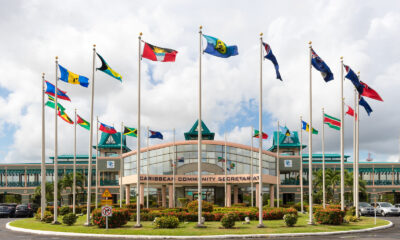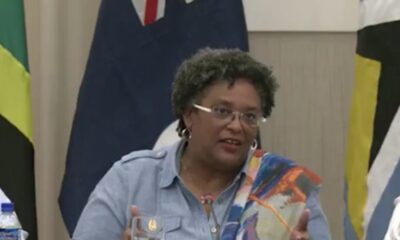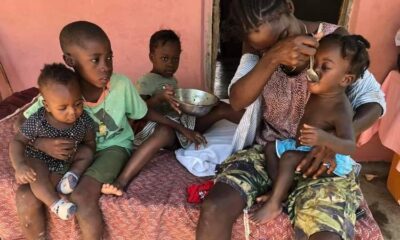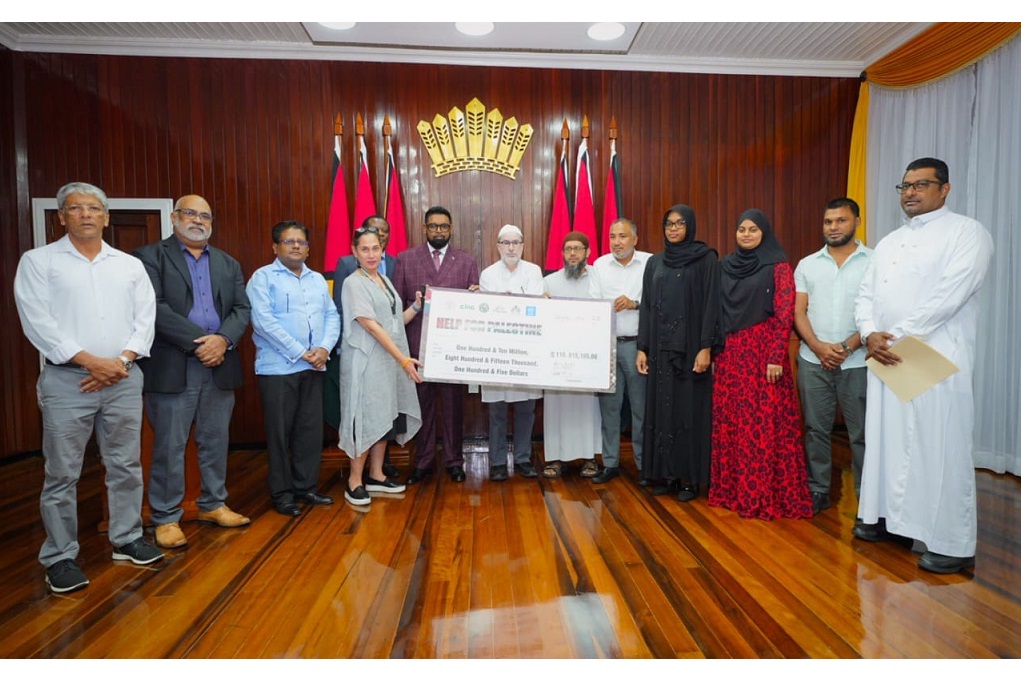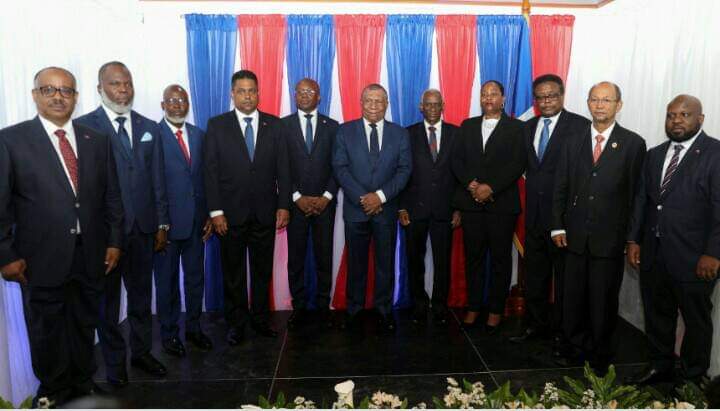Rashaed Esson
Staff Writer
March 4, 2024 – With the issue of regional food insecurity still at large, CARICOM Heads announce that they are making huge efforts to end hunger and malnutrition by 2030; speaking directly to solutions and strides was host of the 46th Regular Meeting, Irfaan Ali, the incoming chair of CARICOM and President of Guyana.
The Guyanese President identified significant international partners such as Canada and the Kingdom of Saudi Arabia.
In his address, Dr. Ali points out that the work with Canada will involve their Agri-Value added program.
“We are going to work with the Canadians to accelerate and implement projects from their Agri-Value added program,” he maintained, speaking at the Opening Ceremony of the CARICOM Heads of Government Meeting on February 25th, 2024.
program,” he maintained, speaking at the Opening Ceremony of the CARICOM Heads of Government Meeting on February 25th, 2024.
He added that talks have already been had with minister Ansari Hosein, Executive Director, CARDI who is responsible for the investment in Agri-Value added programs and projects.
The Guyanese President continued to express that this development is crucial to the region, to build on its resistance and sustainability against various shocks which may not affect the rest of the world the way it affects this region.
Additionally, he revealed that in the coming weeks, work will be done to finalize projects and programs focused on the involvement of youth and women in innovative agriculture.
This ties into another multi-million dollar partnership with Saudi Arabia.
“We have submitted a regional sustainable resilient agricultural project to the Kingdom of Saudi Arabia, at the cost of $25 million US dollars. We are in advanced stages of finalizing this investment, to be made within the region, that will focus again, on youth, women and innovation in the food production system.”
Also, moves are being made to remove trade barriers as passionately expressed by Ali, as he calls CARICOM nationals to push for their removal.
“We are continuing work to address the removal of trade barriers within member states, and the people of CARICOM must put pressure on the leaders of CARICOM to remove the trade barriers, it is of no use and purpose for this region. We are too small to be competing against each other. People of this region, call upon your leaders to remove these barriers, let them hear you loudly,” he firmly stated, adding that the trade barriers must urgently be broken down.
To further boost the chances of beating hunger and malnutrition by 2030, Guyana, according to Ali, is investing in what he called a Center of Excellence, armed with a situational room and a “state-of-the-art data analytics platform, to support regional food security and regional food production.”
“The platform will focus on the area of research and development, real-time data technology and predictive decision making modules to help our farmers,” he added.
This, he says, in collaboration with ECA and FAO as a regional project.
There is also work being done with The Brazilian Agricultural Research Corporation (Embrapa), to rebuild the region’s citrus sector. The target goal for this, according to Ali, is to have 1 million citrus seedlings available within the forest year, that is the end of December 2024.
And, effort is being put into expanding the regional food hub.
This, he says, it to “integrate production, processing, packaging and distribution within the region and connected to northern Brazil.
Making the region “fully self-sufficient in corn, soya. Black-eyed peas and red beans by the end of 2026,” is another major goal towards the elimination of hunger and malnutrition by 2030, alongside collaboration with [CAPSO], to fortify the region’s poultry sector, to be fully self-sufficient, “with full backward and forward integration, including the production of hatching eggs within a five year window.”
Not only that, CARICOM is expanding its breeding program for livestock, to increase quality and production to cater to the increasing regional demand.
Additionally, in his detailed address on regional development, Mohamed Irfaan Ali, underlined deeper efforts with products to ensure the health and protection of the region’s agricultural produce.
“We are working with…veterinary company products, in conjunction with Bio-Cuba Farmer, for the production of bio pesticides and by products for agriculture and the use of natural products in support of our livestock industry and food production.”
The private sector is another important part of freeing the region of hunger and malnutrition.
Ali speaks to work being done by Republic Bank Limited.
He says, “The low interest 100 million US dollar facility by Republic Bank Limited, has been activated, with the first 17 million US dollars disbursed, already, in food and agriculture projects within the region.”
He adds that they are launching a development workshop program to help the region in benefiting from the Republic Bank Facility.
Furthermore, the region is equipped with many internationally recognized individuals who Ali expressed, can be key to meeting the 2030 target and so, the intention is to utilize these human assets.
“We are proposing to bring together the human assets that this region nurtured into international fame, to bring their goodwill together as ambassadors, to mobilize international financing and support, so that we can end hunger and malnutrition in this region…we have the capability.”
He continued to highlight individuals such as Usain Bolt, Chris Gayle and Clive Loyd.
With these assets, the aim is to raise resources and revenue to address hunger.
According to statistics, fifty seven percent of the region’s population in 2023 were affected by food insecurity, a major rise of 1.3 million compared to February of 2022.

 News1 week ago
News1 week ago
 Health1 week ago
Health1 week ago
 TCI News6 days ago
TCI News6 days ago
 Caribbean News1 week ago
Caribbean News1 week ago
 Education1 week ago
Education1 week ago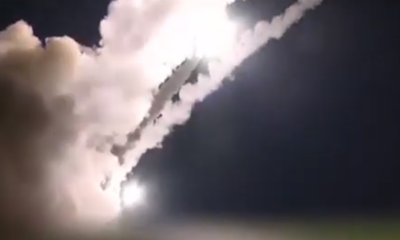
 Caribbean News1 week ago
Caribbean News1 week ago
 Latin America and Caribbean3 days ago
Latin America and Caribbean3 days ago
 News1 week ago
News1 week ago


